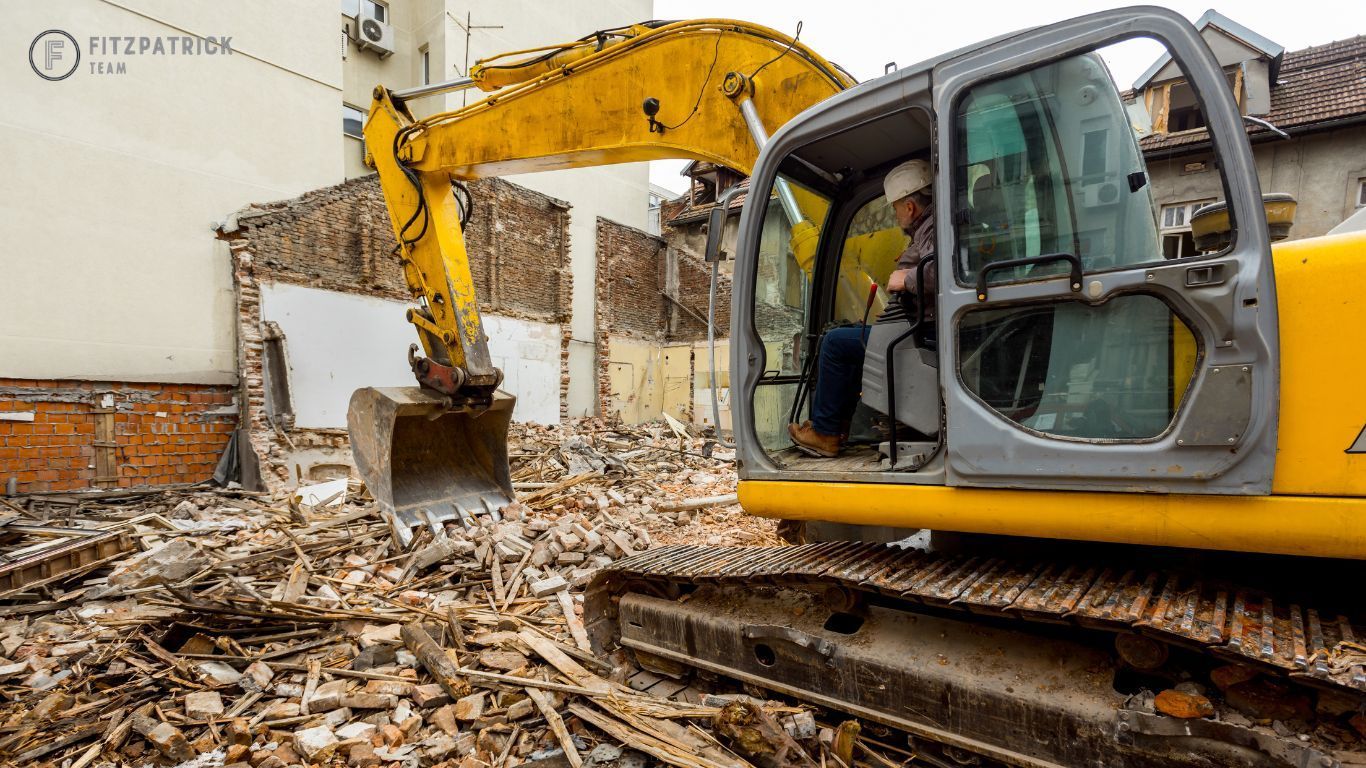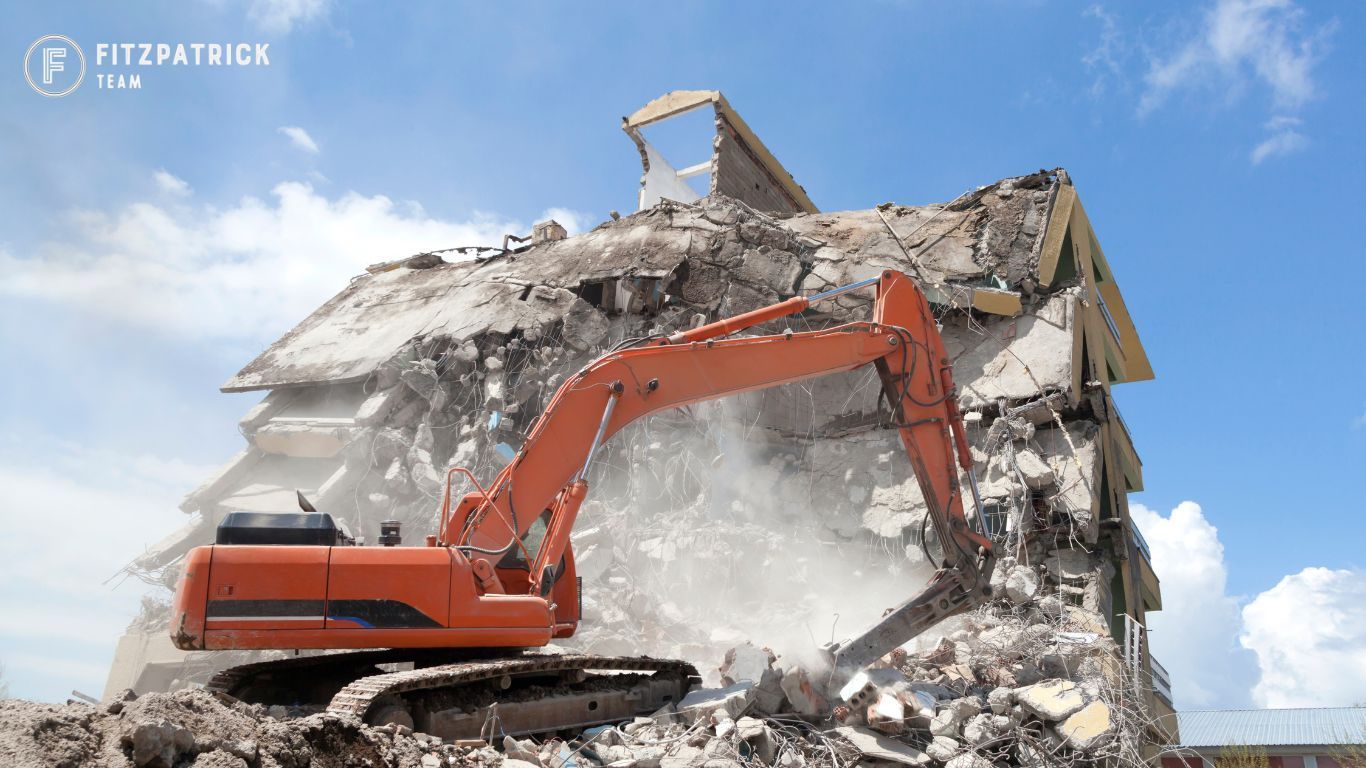Planning Appeals
Seeking a planning permit can be stressful!
You want to develop something you believe in but sometimes the planners do not agree.
The issues may be significant statements of fact say, overlays settng the roof height but often it is a matter of taste or in their language, something along the lines of ‘the depletion of fine urban grain‘. This is where sensitivity and balance are personal and taking these issues seriously can transform a previously unpalatable proposal into one that is acceptable. On the other hand, you may not agree and consider that the planners are ‘making a mountain out of a molehill’
The objective is to get your application approved through negotiation and modification. Sometimes planners will not recommend approval and if this is the case you should listen carefully and take action. Can amendments be made that are acceptable to all the stakeholders?
Should you withdraw an application or let it go forward to refusal?
This is a delicate decision that should be taken carefully after discussion with your consultants. You must balance the downsides of both options as well as the time delays caused by either withdrawal or refusal.
Before refusal planners will often suggest you withdraw your application as they are inclined to turn it down. The downside of withdrawal is that you do not get specific ‘official’ reasons that can be addressed at a subsequent appeal. One of the rarely mentioned ‘silver linings’ of a refusal and subsequent appeal is that you may well narrow down the points of objection.
Always check on local timeframes to submit an appeal if your permit application is refused. You have to act in a timely manner, otherwise your right to appeal will be lost.
For example, The City of Melbourne in line with the Planning and Environment Regulations 2015 requires you to lodge a notice of appeal within 60-days of refusal.
The planner’s initial response to your permit application should highlight the points they would like addressed. A subsequent refusal will state the points they found unacceptable. The appeals tribunal’s decision may well find that they agree with some objections raised and importantly, not others.
You are then clear on what points were refused and not upheld and you can submit a new application taking all three sets of information forward. You potentially have a stronger case if you take all this into account and design out the objections in your second application.
It can be difficult for the later application to be refused by the planning department on a point that the appeal did not uphold.
Overall getting a permit can be frustrating and nerve wracking but it can ultimately be well worth the effort.
We have many years’ experience working within the permit system, give Mark a call to discuss your project.

Fitzpatrick Team delivers seamless construction and demolition services in Melbourne, ensuring a first class project is delivered every time.
Services
Information
We acknowledge the Bunurong/Boonwurrung people, the traditional custodians of these lands and waters. We pay our deepest respects to elders part, present and emerging.
© 2024 All Rights Reserved | Fitzpatrick Team Developments | Website by
Octopus Digital










